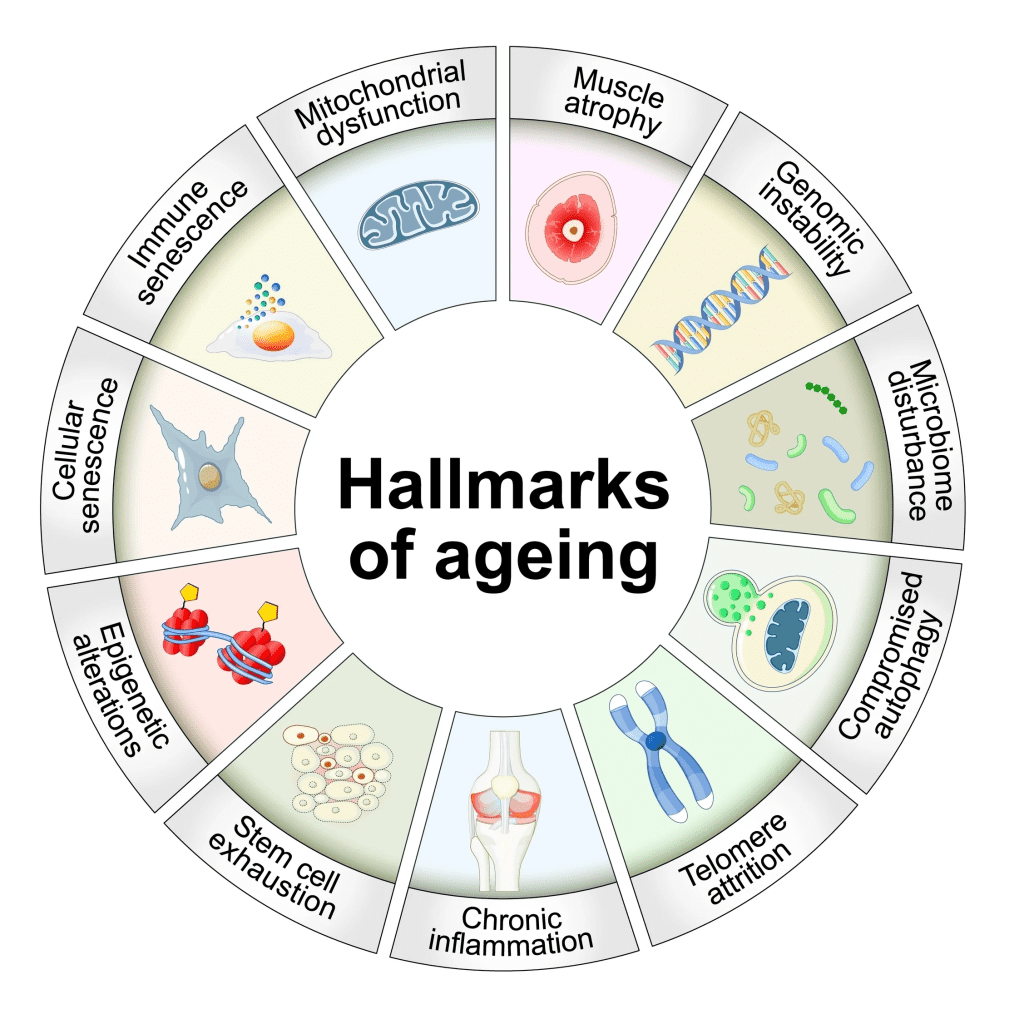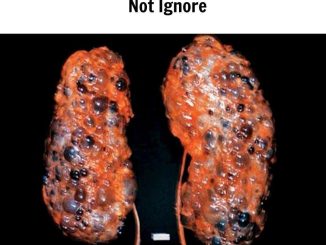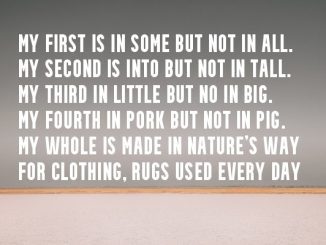Ever felt that loud grumble in your stomach and thought, “Ugh, I need to eat or I’ll collapse”? Well, here’s a twist: That hunger might actually be doing something amazing for your body. Welcome to the fascinating world of autophagy—a natural process your body kicks into gear when food is scarce. And believe it or not, it’s like an internal spring-cleaning crew going to work.
When you go without food for a while, your body doesn’t panic—it gets productive. Instead of passively waiting for the next meal, your cells start breaking down damaged components, faulty proteins, and even junky mitochondria (those tiny energy factories inside your cells). This smart process is how your body rejuvenates itself. And the benefits? Oh, they’re enormous.
What Is Autophagy?

Let’s break it down. The word autophagy literally means “self-eating” in Greek. But don’t freak out—it’s not as gruesome as it sounds. This is how your cells clean house. When they don’t get a steady supply of nutrients, they start recycling broken parts and using the good stuff to build new, healthier components.
Think of it as Marie Kondo for your insides. If it doesn’t spark energy, it gets thrown out.
The Magic Starts Around Hour 14
Most of us never make it to the autophagy party because we’re constantly snacking. But here’s how it works: After about 14 to 16 hours without food, your insulin levels drop significantly. That drop triggers a series of enzymes that tag damaged cell parts for removal.
These include:
- Misfolded proteins (linked to brain diseases)
- Broken mitochondria (a factor in aging and chronic illness)
- Invading viruses or bacteria (hello immune boost!)
It’s like your cells open the trash can and finally start taking it out.
Fasting Isn’t Starving—It’s Strategic
Now, before you swear off food forever, let’s be clear: Autophagy doesn’t require you to go full caveman mode. You don’t need to fast for days on end to get the benefits.
Video : Intermittent Fasting’s Darkest Secret
Here are a few easy ways to activate autophagy:
- Intermittent fasting (16:8 method): Eat all your meals in an 8-hour window.
- 24-hour fasts: Do it once a week or even once a month.
- High-intensity interval training (HIIT): A fasted workout can also do the trick.
The best part? You’re not depriving yourself—you’re giving your body the break it needs to repair and restore.
Science-Backed Benefits: Why It’s More Than a Trend
Research on animals is already promising. In one study, mice that fasted had up to 30% more autophagy activity than their non-fasting peers. And what did that mean for the mice?
- Slower aging
- Fewer age-related diseases
- Sharper immune response
Scientists believe this could translate to humans as well. People practicing intermittent fasting often report clearer skin, better energy, improved digestion, and even enhanced focus. The reason? Your body isn’t busy digesting food all day—it’s optimizing.
Autophagy vs. Disease: The Cellular Battle

This isn’t just about looking good in the mirror. Autophagy plays a role in preventing or managing serious illnesses:
- Alzheimer’s and Parkinson’s: These diseases involve the buildup of faulty proteins in brain cells—autophagy clears them out.
- Type 2 Diabetes: Damaged mitochondria can impair insulin function, and autophagy helps renew them.
- Cancer: Some early-stage cancers are suppressed by autophagy, though more research is needed here.
It’s like your cells have a security team scanning for threats—and when they’re hungry, they’re more alert.
Feeling Hungry Yet? That’s Your Body Getting Smarter
We’re not saying you need to suffer. In fact, your hunger might be the signal that your body is switching into this incredible repair mode. Feeling a bit light-headed or craving a snack might actually mean your cells are hard at work tossing out the trash.
Of course, you shouldn’t push it to the point of dizziness or fatigue—listen to your body. But don’t fear hunger. Embrace it as part of your health journey.
Video : A cleanse won’t detox your body — but here’s what will
Conclusion: Hunger Is Healing—Let It Happen
So next time you skip breakfast or wait a bit longer for lunch, remember this: Your body isn’t punishing you—it’s healing you. Fasting, when done safely and intentionally, activates one of the most powerful biological tools we have: autophagy.
It’s your body’s way of hitting refresh—clearing out the old to make space for the new. Kind of like deleting old files on your phone so it runs faster.
In a world obsessed with constant consumption, sometimes the smartest thing we can do… is wait.


